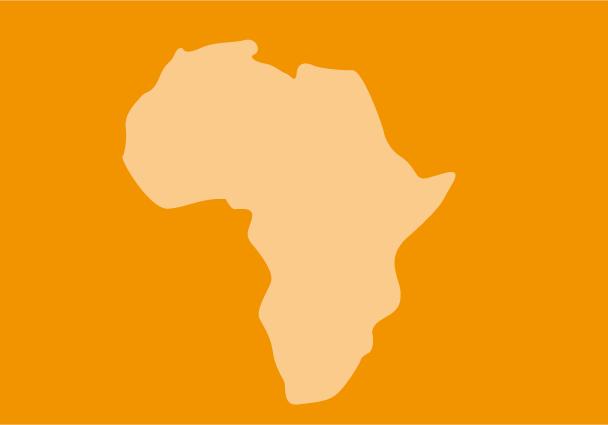Today, the ICJ stated that the critical political situation in Kenya required immediate action to avoid further deterioration of the political climate.
In a 96 page report of a mission, entitled Democratisation and the Rule of Law in Kenya, the ICJ casts light on the poor state of human rights in Kenya, even after the return of the country to pluralist constitutional democracy in 1991. Amongst other things, the report highlights executive interference in the judiciary, thereby eroding the Rule of Law.
The recommendations contained in the report are designed to ensure a peaceful return to a stable polity in Kenya. Here are just some of the recommendations:
- Kenya must take the issue of constitutional and legal reform seriously. Legislation which violates human rights must be repealed. Citizens must be allowed to appeal from decisions of the High Court in human rights cases to the Court of Appeal. It is inconceivable how at present the highest court in the legal system has no jurisdiction to receive human rights cases.
- The government must take more genuine and vigorous steps to end the ethnic violence and to resettle people on lands from which they have been displaced. The government must ensure that all politicians are able to campaign freely throughout the country.
- The government must take steps to tackle the question of corruption in the judiciary and elsewhere in the public service.
- The Attorney-General should have all the pending applications of political parties determined without delay. If the determination should result in a denial of registration, the applicants must be given the opportunity to mount a judicial challenge to the refusal.
- The government must live up to its obligations under the ILO Conventions and create an enabling environment for true, effective and efficient trade unionism to take root and flourish in Kenya.
- The Office of the Attorney-General, which is so central to the maintenance of legality in Kenya, must be de-politicised. We call upon the incumbent to initiate the necessary steps.
- Transparency should prevail in the appointment, promotion and dismissal of judges in Kenya. The machinery for the selection of judges, therefore, must be revamped.
- The next elections must not be flawed. They must be postponed until measures have been put in place to ensure that they would be fair and their outcome would be a true reflection of the expression of the will of Kenyans. These measures must include the creation of an Electoral Commission which is secure and independent of the present government.
The draft report was sent to the Attorney General of Kenya for his comments which are published as part of the report.
The ICJ mission visited Kenya from 9-13 September 1996. It was preceded by another ICJ mission to Kenya which took place from 12-17 July 1993. The report is based on the findings of the two missions. During both visits, the members of the missions met with high-level government officials, members of the judiciary and of the legislature, NGOs, civil society representatives, etc. Participants were: Justice Enoch Dumbutshena, former Chief Justice of Zimbabwe and currently a Vice President of the ICJ, Dr. Kofi Kumado, Professor, Faculty of Law, University of Ghana and current Member of the Executive Committee of the ICJ; Mr. Adama Dieng, ICJ Secretary-General; Professor Daniel Marchand, Law Professor in Paris and Member of the ICJ.

